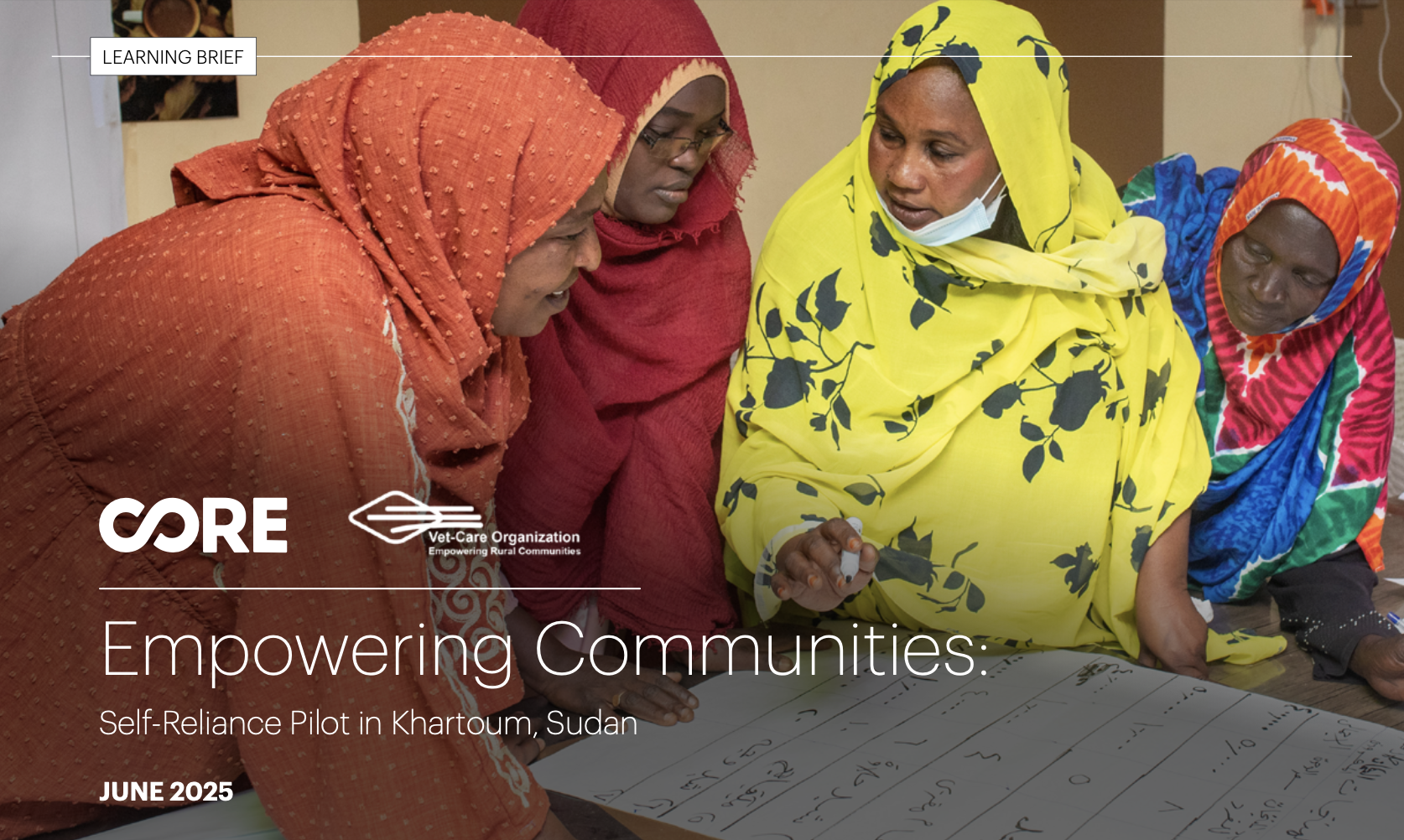The large-scale conflict between Sudanese Armed Forces (SAF) and the Rapid Support Forces (RSF) has now persisted for more than two years. Sudan continues to face deteriorating economic, food security and livelihood conditions.
As the conflict has quieted recently in Khartoum, returnees have begun to move back and commercial activities such as trading, transportation and storage have started to recover. This has contributed to the growth of markets such as the Sabrin market and commercial zones along El Wadi Street from the centre of Omdurman to the far north of Karari locality. Despite these signs of economic activity, IDPs resettling in Karari continue to face hardship, exacerbated by limited livelihood options. The lack of income sources, savings capacity and risky coping strategies are most severely experienced among women. Female-headed households are facing severe food insecurity at twice the rate of male-headed households (United Nations Office for the Coordination of Humanitarian Affairs [OCHA], 2024).
In response to the situation, CORE (Community Organized Relief Effort) and Vet-Care Organization (VCO) implemented a self-reliance pilot program between December 2024 and April 2025 to support 25 war-affected, vulnerable female entrepreneurs in Karari locality, near the Sabrin market. The program aimed to strengthen self-reliance by providing multi-modal support, including SDG 1,294,200 (approximately USD 650) in business grants per participant, in-kind assistance aligned with business plans, business training, and mentorship through a livelihoods case management approach.
The pilot strengthened self-reliance, early signs of income improvement, expanded or improved business operations, enhanced knowledge in business management and business plan elaboration, and successful uptake of business grants and in-kind support. This learning brief captures detailed findings from post-distribution monitoring and includes recommendations to inform future interventions at-scale in a similar context.


